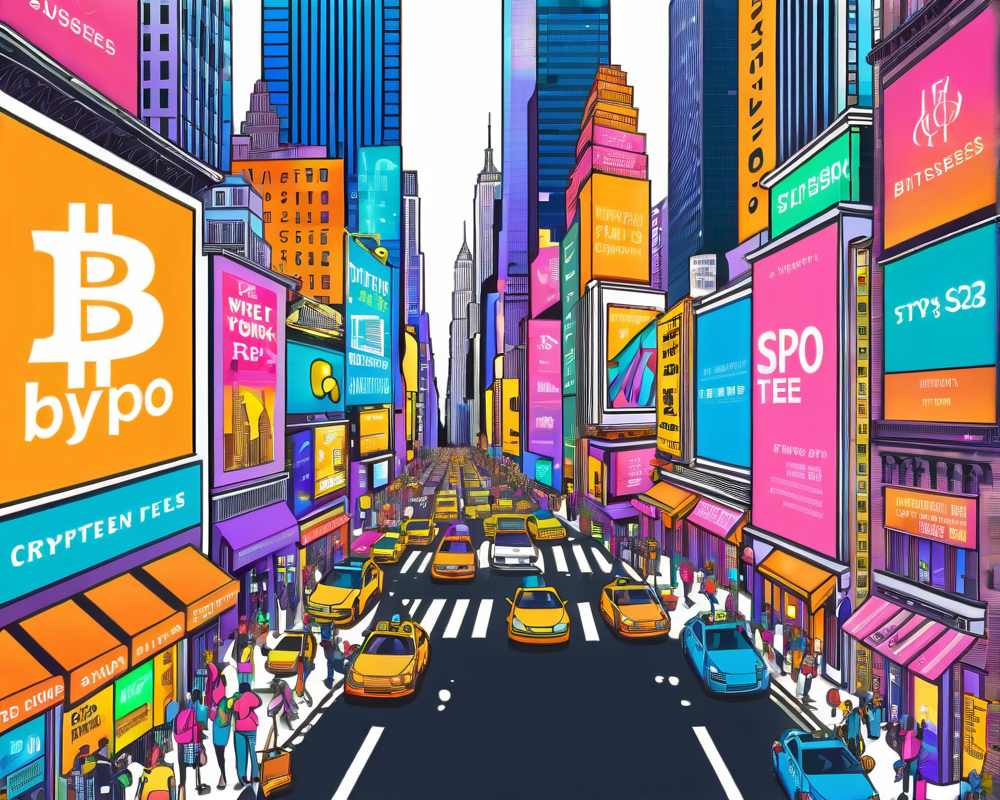The NFT Landscape: A Shifting Terrain
In today’s digital age, non-fungible tokens (NFTs) are taking the art and tech worlds by storm. Zach Burks, the brain behind Mintable, believes that the U.K. government is on the verge of misinterpreting this transformative technology. As regulators cast their nets to protect copyright, Burks argues that NFTs should be recognized for their full potential and not pigeonholed into the realms of digital art alone.
When Regulation Meets Reality
Burks points out a recent report by the U.K. parliamentary committee that raises concerns about copyright infringement associated with NFTs. He says that claiming NFTs are merely volatile digital pictures is like calling a smartphone just a fancy calculator. While the report urges stricter actions to protect artists, Burks emphasizes that copyright issues are not unique to NFTs; they are, in fact, an internet-wide dilemma.
Understanding the Utility of NFTs
“NFTs are transitioning from the speculative hype of profile picture (PFP) projects to utility-driven applications,” Burks explains. This shift is pivotal in understanding how NFTs can be applied in various sectors, such as:
- Digital ownership records, like property titles
- Supply chain management systems
- Bank transaction documentation
- Creative licensing
Choosing to regulate NFTs solely as digital art could cripple the innovation potential they offer. Burks notes that regulating them under narrow guidelines, like those proposed in the EU Copyright Directive, might lead to unnecessary restrictions.
The Broader Context: Lessons from Singapore
Burks suggests that the U.K. could benefit from looking at how regulations are tailored in Singapore. The Singaporean government assesses the nature of each NFT—context matters. For instance, if an NFT represents company stock, it’s considered a security, while a digital image might not require the same scrutiny. “The beauty of NFTs lies in their multifunctionality,” Burks stresses, indicating that a blanket regulation could potentially stifle an evolving industry.
Recommendation: A Call for Nuanced Regulation
As Burks engages with U.K. officials frequently, he hopes for a more nuanced approach to regulation that takes into account the diverse applications of NFTs. He likens the approach to that of regulating different types of content on the internet. “Just like we don’t use the same rules for books and drugs, we shouldn’t generalize NFTs without considering their varied uses,” he said.
In Conclusion: The Future is Bright, If We Let It Be
The conversation surrounding NFT regulations is undoubtedly complex, filled with pitfalls and opportunities. Burks believes the government must evolve its perspective to match the technology’s flexibility, ensuring that NFTs can revolutionize industries instead of being bogged down by outdated regulatory frameworks. With the right mindset, the future of NFTs could shine brightly beyond just art—think of them as digital keys to an intricate unlockable world filled with endless possibilities.




